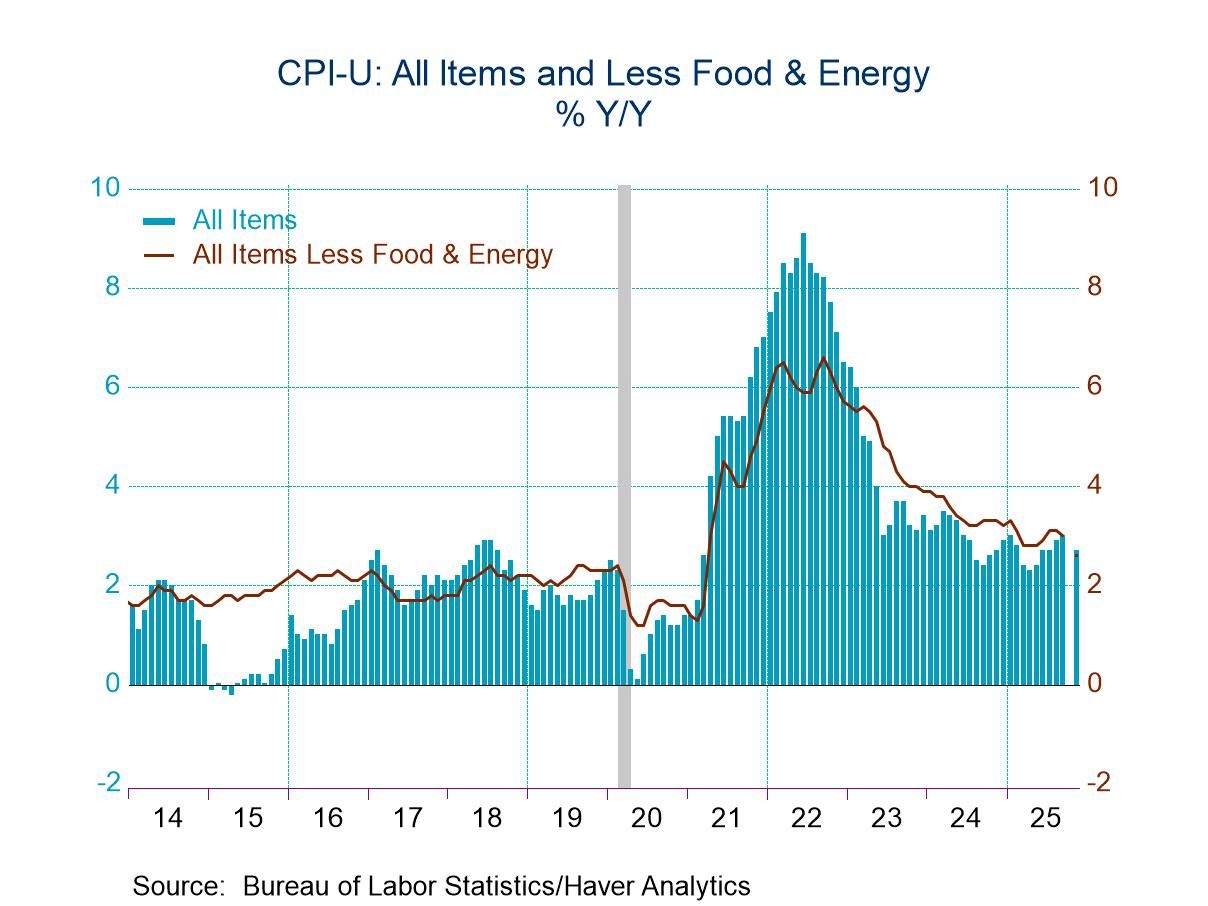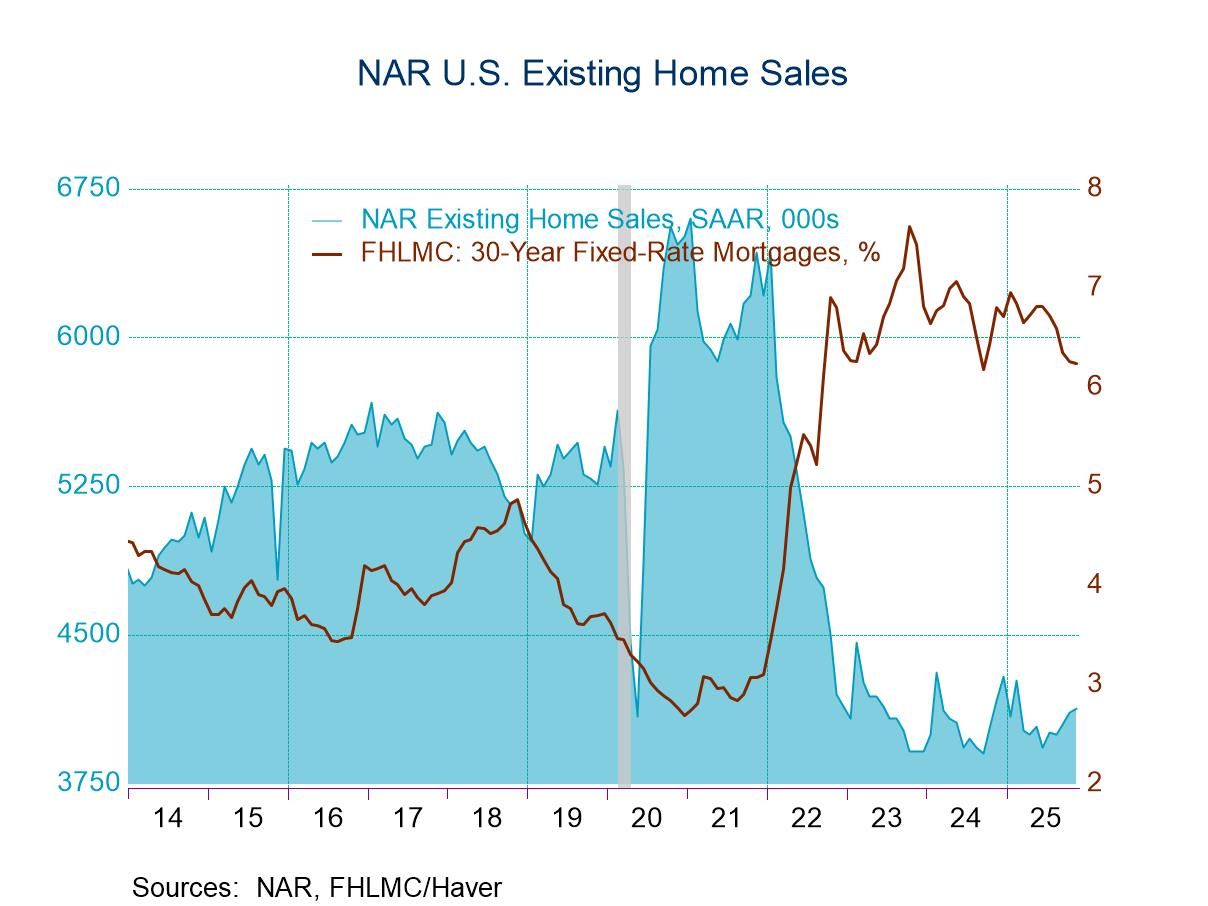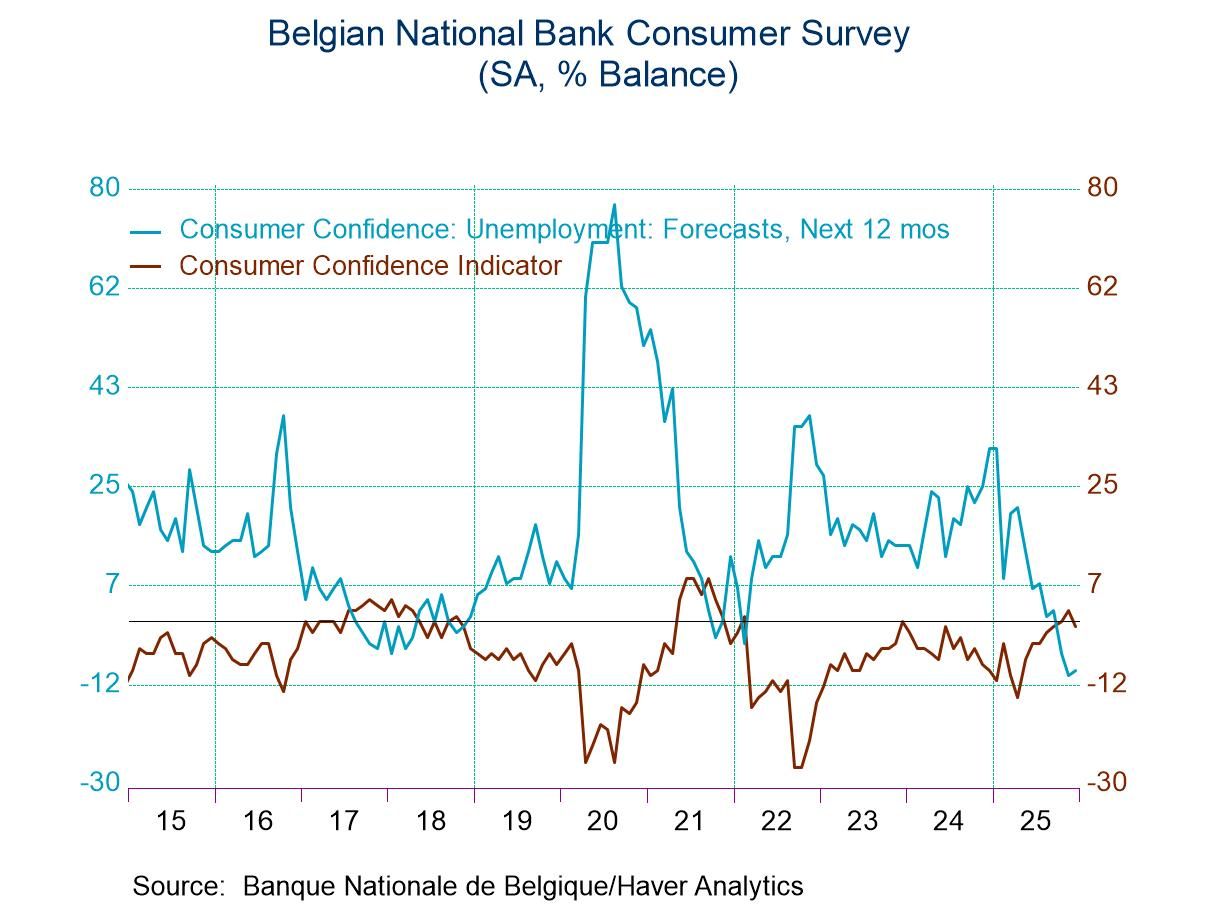GfK German Confidence to a New Low; European Confidence Broadly Lower

Consumer climate on the GfK measure for Germany, a forward-looking estimate for confidence in October, shows a drop to -42.5, a new low in the series that dates to early-2002. GfK confidence has been dropping sharply and consistently from -27.7 in July to -30.9 in August to -36.8 in September and finally to -42.5 in October. This deterioration is coming in the face of ECB rate hikes, stubborn high inflation, threatened energy supplies, and the ongoing war between Russia and Ukraine. The recent drop reflects a more complete reaction to the shutting of the energy flow through the Russian Nord Stream pipeline. However, there may be even worse pipeline news ahead. A day ago, an undersea rupture in the pipeline that is being called an act of sabotage or terrorism, has created an undersea leak that may more thoroughly cripple the pipeline and nullify its capabilities for some time to come.
The components of the GfK index are released with a lag of one month. GfK reports values for September as the most up-to-date readings for components. Economic confidence fell in September to -21.9 from -17.6 in August. It was a strong as -11.7 in June.
Income expectations weakened even more sharply, falling to -67.7 in September from -45.3 in August. This reading had been as strong as -33.5 in June.
The consumer's propensity to buy reading also fell in September to -19.5 from -15.7 in August. Its June value was -13.7. The slippage on the buying gauge has been much more measured than for other GfK components.
Standings among components The economic gauge stands in its 6.4 percentile. Income expectations are at their all-time low on data back to January 2002. The propensity to buy reading is down to its 17.7 percentile standing, the highest standing of the lot, but still an exceptionally low reading that has been lower historically less than one-fifth of the time.
Successive new lows for GfK The last six monthly headline GfK values have set successive new lows in for that index. Clearly, this is a period of severe confidence weakness on data back to 2002 – a period that contains the Great Recession as well as the brief but sharp negative impact from Covid.
Elsewhere in Europe Germany is not alone in this weakness. Confidence gauges for Italy, France and the U.K. also weaken in the most recent month- that reflects data up to date though September. In Italy, the confidence index fell to 94.8 from 98.3 in August. In France, confidence fell in September to 79.1 from 81.9 in August. The U.K. index fell to -49 in September from -44.0 in August. Evaluated on the same timeline as the German GfK headline back to 2002, the Italian reading stands at its 18.1-percentile, the French reading is at its 0.4-percentile, while the U.K. measure is at a new low on this timeline.

Weakness in confidence is across the board largely because all these countries face the same shocks. Continental Europe shares monetary policy for EMU members. They also share the energy woes from the Nord Stream pipelines, and the fallout from the Ukraine-Russia war. The U.K. has greater energy independence but still faces high inflation and the BOE has been hiking rates there more than in the EMU.
Both the U.K. and Italy are facing new pollical leadership during these challenging times. The Italian elections have just concluded putting a right-wing candidate in power. In the U.K., new Prime Minister Liz Truss, has approved tax cuts and measures to cap energy bills as the BOE has been raising rates to contain inflation. This combination of policy moves has undermined the pound sterling as the government and central bank appear to be working at cross purposes.
Summing up The chart in this presentation shows that economic expectation changes come and go; the economic component is quite volatile - or quite responsive to changes in economic events and pressures. But the GfK consumer climate gauge has been steady and often has not changed much at all as the economic gauge has gyrated widely. It is the drop in the climate gauge that is so severe and unprecedented. And that drop is not isolated. France, Italy, and the U.K. also are showing severe distress. And with Russia engaging in a call-up of reserves, the geopolitical situation is becoming more charged and unstable. Russian President Putin has declared that his threat to use nuclear weapons in Ukraine is not a bluff. He has just concluded sham elections in portions of Ukraine that Russia troops have occupied, intending to annex them, many think to justify the imposition of more aggressive military tactics there. Within Russia there has been a response to all this policy shifting. There is an explosive exodus of draft-age men leaving to escape this call up. There are also protests that have so far been ineffective. The U.S. has recommended that U.S. citizens in Russia leave. Russia, according to some reports, has conscripted American citizens who reside in Russia and possess dual citizenship. This is going to get worse, before it gets better.
Robert Brusca
AuthorMore in Author Profile »Robert A. Brusca is Chief Economist of Fact and Opinion Economics, a consulting firm he founded in Manhattan. He has been an economist on Wall Street for over 25 years. He has visited central banking and large institutional clients in over 30 countries in his career as an economist. Mr. Brusca was a Divisional Research Chief at the Federal Reserve Bank of NY (Chief of the International Financial markets Division), a Fed Watcher at Irving Trust and Chief Economist at Nikko Securities International. He is widely quoted and appears in various media. Mr. Brusca holds an MA and Ph.D. in economics from Michigan State University and a BA in Economics from the University of Michigan. His research pursues his strong interests in non aligned policy economics as well as international economics. FAO Economics’ research targets investors to assist them in making better investment decisions in stocks, bonds and in a variety of international assets. The company does not manage money and has no conflicts in giving economic advice.






